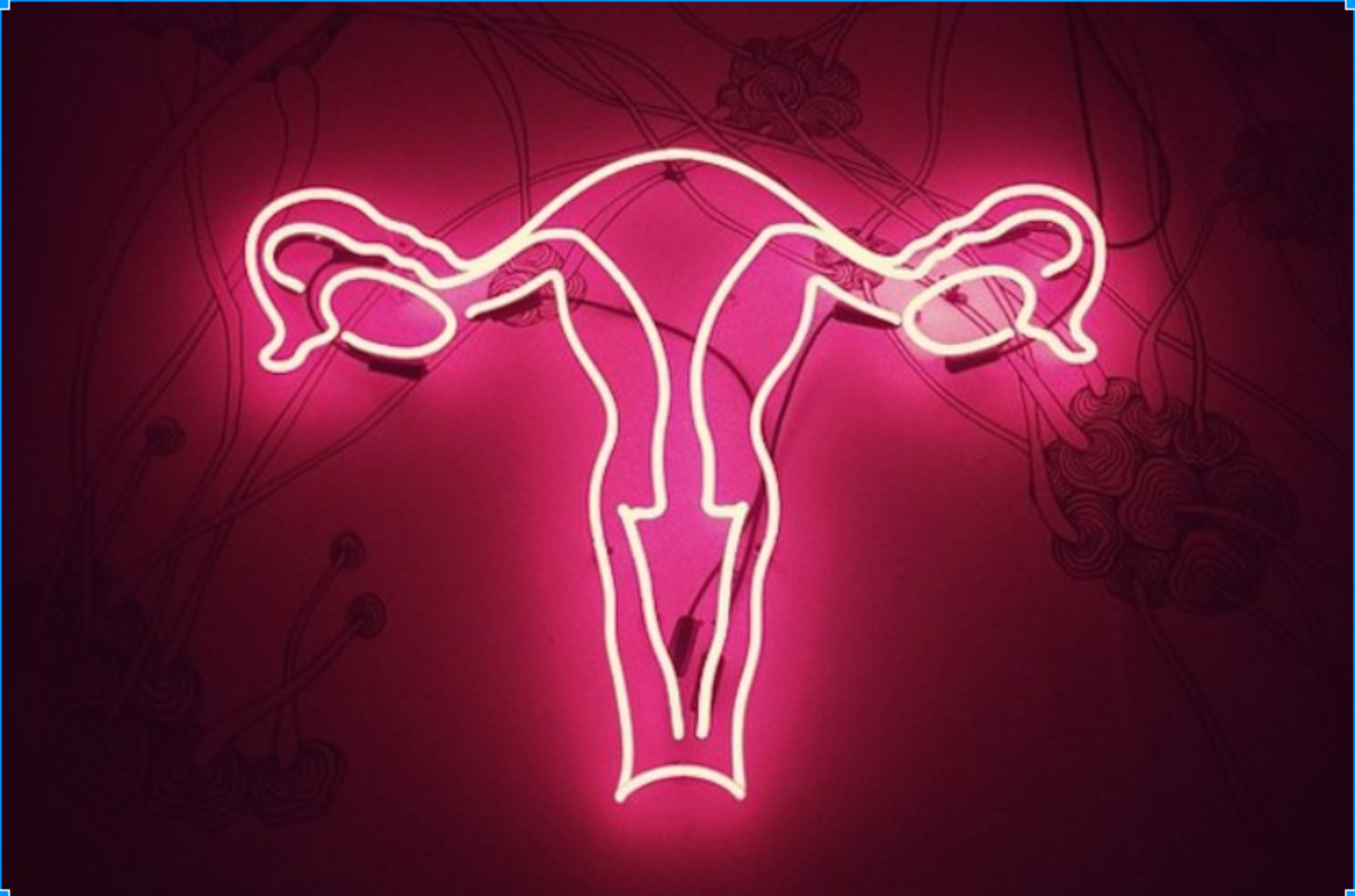I will be really pleased with all of the skilled ladies at BI. Today, 8 March, we celebrate Women’s Day!
Today there are many more ladies than males whom accomplish advanced schooling in Norway. It is good, however the authority that is academic encounter within the class remains frequently a . It do not need to be therefore. I do believe it is necessary we get more females one of the BI faculty. That more of our students encounter women professor within the class, more people get a lady supervisor that is academic. That more of y our workers have boss that is female. This is certainly about more than equality, legal rights and concepts. It really is by what makes BI an improved school. I think that an increased percentage of females in leadership functions and positions that are academic BI a much better organization for training.
I’m extremely happy with our women. We’ve numerous good part models among our feminine workers. We now have women who assert by themselves in typically male dominated procedures, it’s no tiny feat. We now have feminine staff, students and alumni who distinguish by themselves since they are very skilled. It will be the quality that talks for itself.
BI efforts for sex equality
In 2007, BI defined objectives and an action policy for sex equality included in the ongoing work with diversity and equality. The primary objective for BI is the fact that all workers must have exactly the same liberties, responsibilities and possibilities irrespective of intercourse, age or nationwide / ethnic beginning. Give attention to variety helps us to build up we in an optimistic method, eg in that we attract the most readily useful expertise. The percentage of females and representation that is international faculty can also be key performance parameters in numerous ranks and accreditations.
Since 2007, BI has had a focus that is particular increasing the proportion of feminine professors, directors, and women in administration and regulating figures. Means such as for example certification scholarships for females, help for networking, help for rhetoric training and research interaction, involvement in development programmes and alterations in election laws have actually added towards the known undeniable fact that BI now has satisfied the goals which were occur 2007. Probably the most thing that is important nevertheless, is always to keep carefully the consider sex equality inside our every day procedures and methodically measure and monitor the important thing numbers.
Some figures that are tangible 2016: at yearend, BI had 26 feminine professors in regular roles, a rise of 7 teachers from 2015. This represents a proportion of feminine professors at 29% of these completely time jobs. The feminine share of faculty (also regular jobs) has grown from 28% in 2015 to 31percent in 2016. Ladies taken into account 33% of top administration, 38% of department minds and 50% of Deans were females. The percentage of females directors at BI ended up being 63%. The Board of Trustees has 50% ladies, the Senate 27%. The portion of males in administrative jobs had been 34%.
We’d 7 ladies professors in 2007, today almost a fourfold enhance!
BI’s targeted equality work has paid down. Therefore we will continue. We still have actually the ambition to improve the percentage of women among faculty as well as in scholastic leadership jobs also to raise the percentage of males in administrative jobs. We shall establish brand new action plan for diversity and equality through the wintertime / springtime 2017.
We anticipate inviting numerous women that are new BI when you look at the years ahead! Inge Jan HenjesandPresident of BI Norwegian Business School.If the otherwise traditional bisexual spouses black tranny dicks and moms of Bartell’s study have now been commonly understood as “truly” straight, more politically active bisexual feminists, like those whose writing appears in Weise’s collection, nearer to Residence, have actually usually been viewed as “truly” lesbian.
